Your browser does not support the audio element.
Since the age of 10, the Viet Bac student has been familiar with and implemented the model of raising meat crabs and roe crabs. Up to now, for more than 28 years, Ca Mau crabs have been his concern in his journey of studying, starting a business, and applying them in teaching, with the thought of making a difference for Vietnamese sea crabs. Therefore, he constantly searches and researches solutions to improve the quality of his hometown's famous specialty.
Mr. Nguyen Van Binh, 65 years old, Tan Hoa hamlet, Tan Tien commune, Dam Doi district, Bac's father, said: "Since he was young, Viet Bac was very studious and loved to explore. At the end of grade 3, he asked for a small pond to raise crabs, and sell them to earn money for school. I fenced off 2 hectares of land, fenced the area around, and mainly caught baby crabs in the river, or in squares with small crabs, soft crabs, and crabs that did not have enough roe, so I let Bac raise them, and then guided him to cut fish and snails to supplement the crabs' diet. Thanks to that, he had money to go to school, and did not ask for pocket money, just as promised," Mr. Binh was proud of his son's sense of independence from a young age.
Graduating from high school in 2006, Viet Bac registered for two majors: Physics Pedagogy and Aquaculture. According to him, the reason he chose the pedagogy major was because of the message and encouragement from Mr. Trinh Thanh Liem, former Principal of Long Hoa Secondary School (Tan Hoa A Hamlet, Tan Tien Commune) to pursue the "ferryman" profession.
As for the university entrance exam results, he only passed his second choice, the Aquaculture major at Can Tho University. Although it was not as expected, it was this place that helped Viet Bac ignite the passion for learning and researching about Ca Mau crabs.
He said: “In my second year of university, I was working on the topic of spawning goby fish in U Minh, but when I saw my seniors practicing on spawning sea crabs, I was so fascinated by the crabs holding eggs full of golden yellow, so I asked my teacher to switch to the topic of raising mother crabs from roe crabs to eggs, and letting them lay eggs. I tried 8 times, with 8 mother crabs, all failed. When I was a student with little money, every time I failed, I worked as a construction worker, served at a beer house, and sold coffee. When I had enough money, I continued to buy mother crabs to raise in the faculty's practice room, determined to do it until I succeeded. The 9th time, I successfully let the crabs lay eggs, with a 10% survival rate - this was the first miracle of a student of the Faculty of Aquaculture at that time.”
Crab hatchery at Mr. Bac's house.
Graduating from university in 2010, with a good degree, Viet Bac was proposed to stay at the school as a teaching assistant, which coincidentally matched his original wish: to continue his ferry career as his teacher expected, while also fulfilling his dream of researching Ca Mau crabs.
He taught school and asked his father to open a crab breeding farm in his hometown. "At that time, each mother crab, when pressed to produce baby crabs for sale, earned a profit of 1 tael of 24K gold, so it was very interesting. But after a year, there was a loss of over 100 million VND, so the farm stopped operating," he recounted.
During the trips home, during the 6th and 7th lunar months, the rains were heavy, the salinity in the shrimp ponds decreased, and a lot of soft-shelled crabs and hard-shelled crabs came out of the ponds, and releasing them again was not effective. Seeing his father put these types of crabs in the ponds, along with supplementary feeding of fish and snails, after about 20 days to 1 month, the soft-shelled crabs grew strong, the hard-shelled crabs grew full of soft-shelled crabs; from here, he came up with the idea of doing his master's thesis: "Clap soft-shelled crabs (weak shells) to make them full of soft-shelled crabs in the pond".
To facilitate the implementation of the project he was nurturing about Ca Mau crab, after graduating with a master's degree in aquaculture in 2013, he applied to transfer to Ca Mau Community College to teach. "Mr. Bac does not hesitate to do anything that is beneficial to the school and students. He is always proactive and volunteered to do it. In life, he is not afraid of difficulties or hardships, researching and finding many solutions to promote the value of Ca Mau crab. Only those who truly love the profession and have good skills can do it with such a high sense of responsibility", Master Do Thi Vien Huong, Vice Principal of Ca Mau Community College, noted about Mr. Bac.
Dr. Nguyen Viet Bac guides students in practicing on crabs.
After class, he implements models: "Intensive farming of soft-shell crabs, soft-shell crabs, roe crabs, and meat crabs" at home, earning an additional income of over 100 million VND/month, and at peak times the income can be higher. He confided: "After nearly 10 years of working with crabs, I have experienced many emotions, there were moments of great joy, and also times of failure, with a total loss of over 2 billion VND. The most memorable failure was during the Lunar New Year 2011, when I imported over 200 kg of crabs to raise for crabs with roe and soft-shell crabs. During Tet, traders offered sky-high prices, ensuring a profit of over 60 million VND for Tet. However, just because 2 crabs in the tank bit each other, died and then spread the disease, killing all the crabs. Seeing that scene, I burst into tears. Next, in 2014, with 3 failed crab breeding batches, I lost over 100 million VND. At that time, I was very sad, confided to my younger brother: "I have studied this much and still failed. I am so angry, I will go to study for a PhD, find the cause of the failure and then stop."
True to his word, he continued to study and successfully defended his doctoral thesis within 7 years (2015-2021), becoming a doctor at the age of 34, among the young doctors in Ca Mau at that time. During the process of defending his doctoral thesis, Mr. Bac focused on in-depth research on techniques for raising soft-shell crabs and soft-shell crabs in tanks, updating new knowledge, new models, applying them in teaching, imparting knowledge to students, and at the same time creating a solid foundation for starting a business.
Near the Lunar New Year 2024, he rented a large plot of land in Hamlet 2, Tan Xuyen Ward to realize his startup project. He invested over 100 million VND to build a farm, with 6 nursery ponds, self-researched and invented a UV sterilization lighting system; a circulating water filtration system, a smart roof...
On April 11, I met with Master Do Thi Vien Huong, Vice Principal of Ca Mau Community College. She said that Mr. Bac was having a difficult time, so I was curious so I suggested that I go with her to Mr. Bac's house. It was at that time that 4 former students who had been guided by Mr. Bac came back to visit their old teacher. I was very happy that they had jobs and quite high incomes, averaging from 10-25 million VND/month.
Pham Chi Nguyen, a former student of class 17, shared: "In the past, the teacher transmitted positive energy and valuable practical knowledge for me to apply to my work today. Currently, the teacher and I have the same fate with the "crab profession", so I still regularly contact him, asking him to share and guide me with useful knowledge."
The crab nursery at Dr. Nguyen Viet Bac's house has now been completed and put into operation. He has mastered all farming techniques and has linked up with about 200 households in his hometown (Tan Hoa hamlet, Tan Tien commune) to provide a stable source of commercial crabs. At the same time, he has linked up to open a crab hatchery in Kien Giang province, with 70 tunnels providing quality crab seeds, to implement a crab breeding model from pepper crab, tamarind crab to jackfruit crab, because jackfruit crab is large, healthy, and has high resistance, farmers will raise it to achieve productivity and efficiency. The total volume sold to the market is about 200 kg of soft-shell crab, 100-300 kg of roe crab, meat crab/month; 20-30 thousand jackfruit crab/day. Along with that, he also makes value-added products from crabs such as: crab cakes, crab floss, crab sausage, crab meat... with a fairly stable source of additional income, especially during peak months of holidays and Tet.
Mr. Bac is simple, friendly, and neat when teaching, but in real life he is as honest as a farmer, diligent and hard-working. With more than 10 years of working, Mr. Bac has many scientific initiatives for teaching and has won many high awards: Third prize at the National level in the Design Competition of self-made training equipment "commercial crab farming system and fattening of sea crabs"; Second prize in the Ca Mau Startup Competition, with the Project of intensive farming of soft-shell crabs, soft-shell crabs, roe crabs, meat crabs and value-added products from sea crabs, combined with experiential tourism of "Vietnamese Sea Crab"; Third prize in the Mekong Delta Startup Competition; wrote 8 articles on crab and shrimp farming techniques published in domestic and foreign newspapers and magazines. Currently, Mr. Bac is completing the Project "Research on the use of water overflow systems in fattening sea crabs", helping to reduce technical operations, save installation costs, reduce care work and easily replicate among the people.
"Today's success is thanks to the combination of practical knowledge passed down from my father and career guidance from Mr. Liem. I feel lucky, always cherish and grateful. The next important thing is my own effort and creativity to seize every opportunity, reach the dream of conquering Ca Mau crab and make a difference for Vietnamese sea crabs." Dr. Nguyen Viet Bac shared.
Loan Phuong
Source: https://baocamau.vn/tien-si-nguyen-viet-bac-song-tron-dam-me-voi-cua-ca-mau-a38480.html


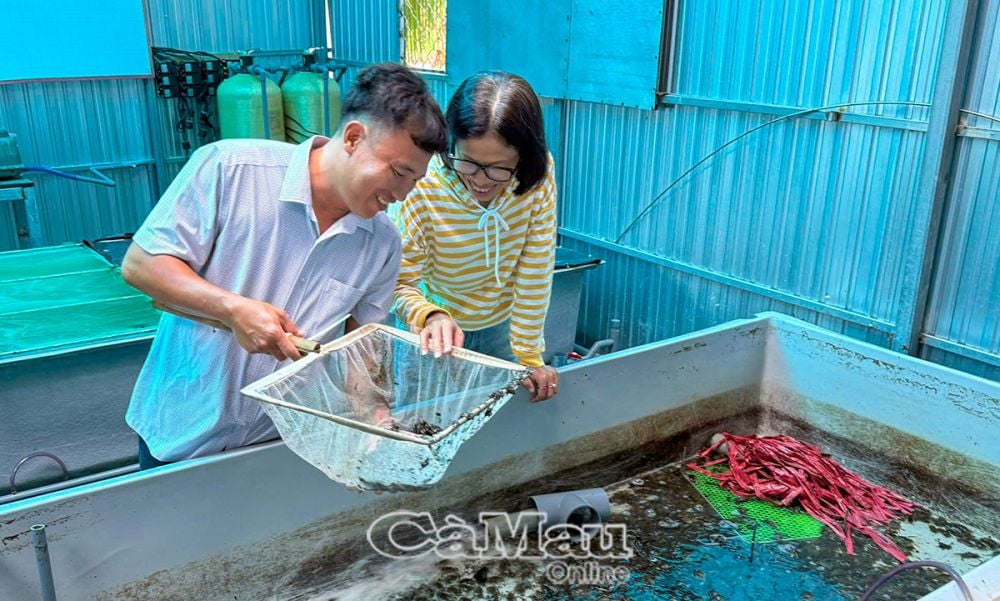
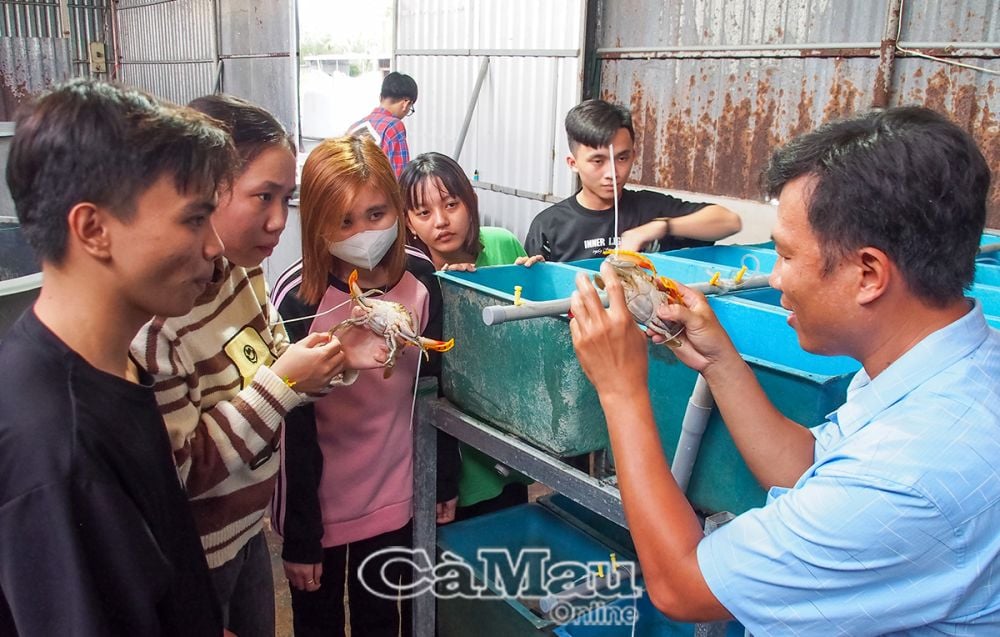
![[Photo] Hanoi is brightly decorated to celebrate the 50th anniversary of National Reunification Day](https://vphoto.vietnam.vn/thumb/1200x675/vietnam/resource/IMAGE/2025/4/29/ad75eff9e4e14ac2af4e6636843a6b53)
![[Photo] General Secretary attends special art program "Spring of Unification"](https://vphoto.vietnam.vn/thumb/1200x675/vietnam/resource/IMAGE/2025/4/29/e90c8902ae5c4958b79e26b20700a980)
![[Photo] Nghe An: Bustling atmosphere celebrating the 50th anniversary of Southern Liberation and National Reunification Day](https://vphoto.vietnam.vn/thumb/1200x675/vietnam/resource/IMAGE/2025/4/29/64f2981da7bb4b0eb1940aa64034e6a7)

![[Photo] Prime Minister Pham Minh Chinh meets to prepare for negotiations with the United States](https://vphoto.vietnam.vn/thumb/1200x675/vietnam/resource/IMAGE/2025/4/29/76e3106b9a114f37a2905bc41df55f48)
![[Photo] Ho Chi Minh City: People are willing to stay up all night to watch the parade](https://vphoto.vietnam.vn/thumb/1200x675/vietnam/resource/IMAGE/2025/4/29/cf71fdfd4d814022ac35377a7f34dfd1)

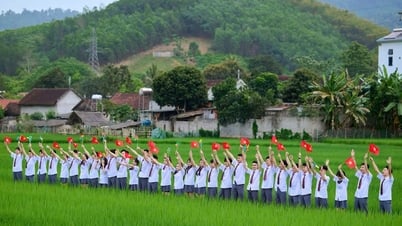
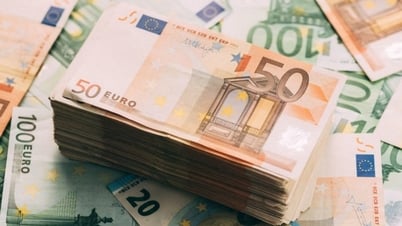
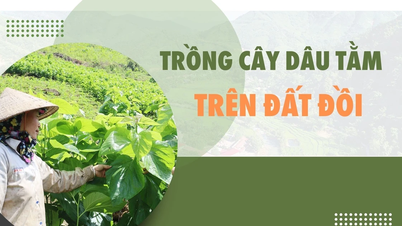

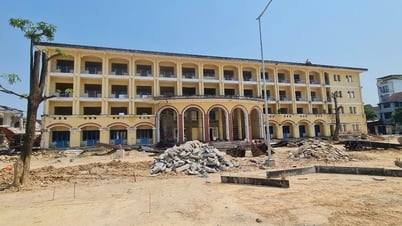






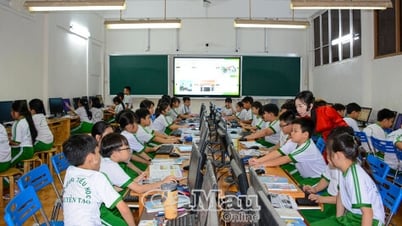
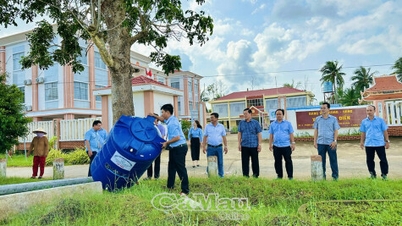

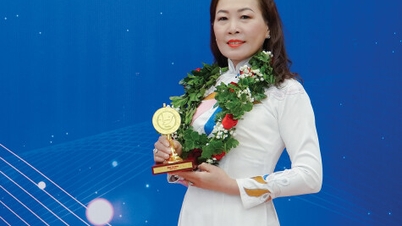
![[Photo] People choose places to watch the parade from noon on April 29](https://vphoto.vietnam.vn/thumb/1200x675/vietnam/resource/IMAGE/2025/4/29/3f7525d7a7154d839ff9154db2ecbb1b)













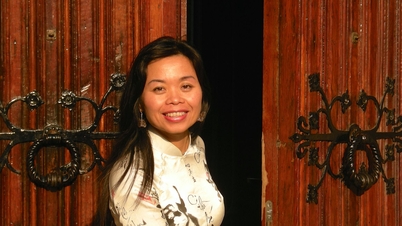



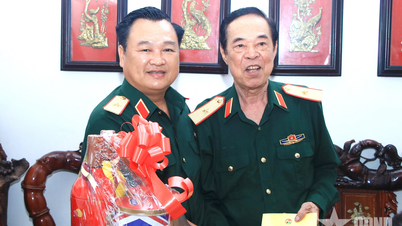
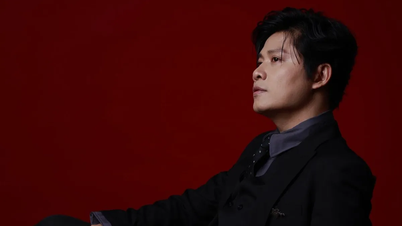






















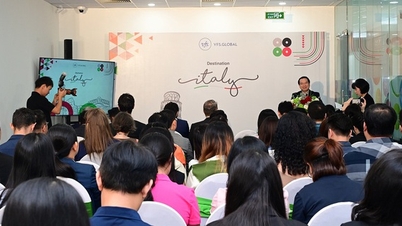






















Comment (0)